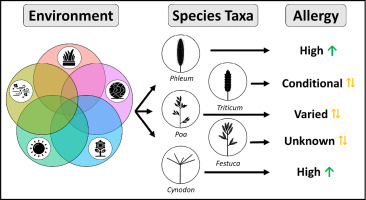Description
An allergy grass panel typically refers to a diagnostic test used to identify allergies to various grass pollens. Grass pollen allergies are common, especially during the spring and summer months when grasses are in bloom and release pollen into the air. Here’s an overview of what an allergy grass panel involves:
- Purpose: The allergy grass panel is used to identify specific grass pollens to which an individual may be allergic. Grass pollen allergies can cause symptoms such as sneezing, runny or stuffy nose, itchy and watery eyes, and allergic asthma in some cases.
- Testing Procedure: The allergy grass panel usually involves a skin prick test or a blood test (specifically, an allergen-specific IgE blood test) to detect IgE antibodies produced by the immune system in response to exposure to grass pollen allergens.
- Skin Prick Test: In a skin prick test, small amounts of various grass pollen extracts are pricked or scratched onto the skin, usually on the forearm or back. The skin is then observed for signs of an allergic reaction, such as redness, swelling, or itching.
- Blood Test: In an allergen-specific IgE blood test, a blood sample is drawn from the individual, and it is tested for the presence of IgE antibodies specific to grass pollen allergens.
- Panel Composition: The specific grass pollens included in the allergy grass panel may vary depending on factors such as geographical location and the types of grasses prevalent in the area. Common grasses tested for include Timothy grass, Bermuda grass, Kentucky bluegrass, Ryegrass, Orchard grass, and others.
- Interpretation of Results: A positive result on the allergy grass panel indicates that the individual has IgE antibodies to one or more grass pollen allergens included in the panel. This suggests that the person is sensitized to those grasses and may experience allergic symptoms upon exposure to them. A negative result indicates the absence of detectable IgE antibodies to the tested grass pollens.
- Clinical Applications: The results of the allergy grass panel can help healthcare providers diagnose grass pollen allergies and develop personalized treatment plans, which may include allergen avoidance strategies, medications (such as antihistamines or nasal corticosteroids), and allergen immunotherapy (allergy shots or sublingual immunotherapy) to desensitize the immune system to grass pollen allergens over time.
Overall, the allergy grass panel is a valuable tool in the diagnosis and management of grass pollen allergies, helping individuals identify specific triggers and take appropriate steps to reduce their exposure and manage their symptoms effectively.



Reviews
There are no reviews yet.